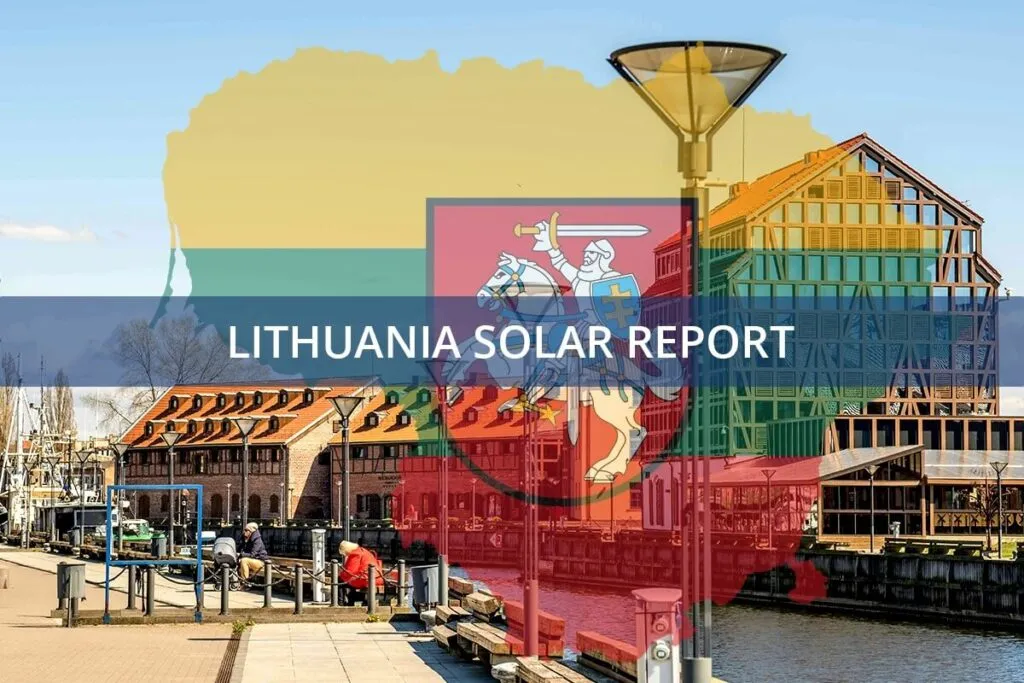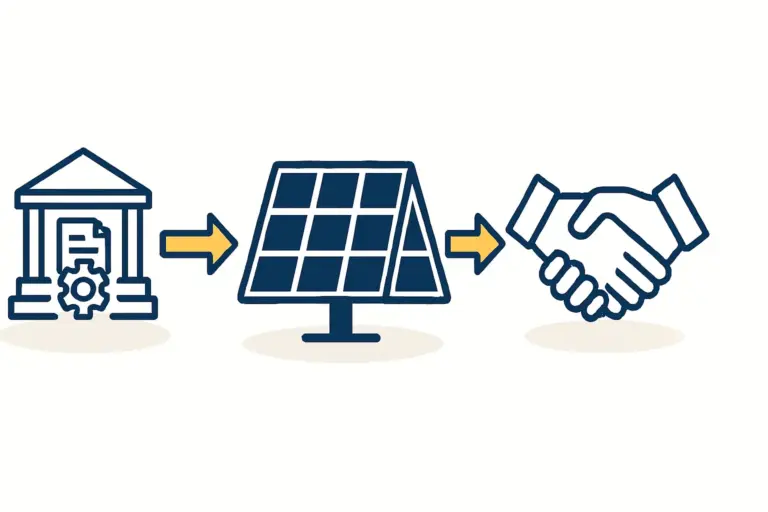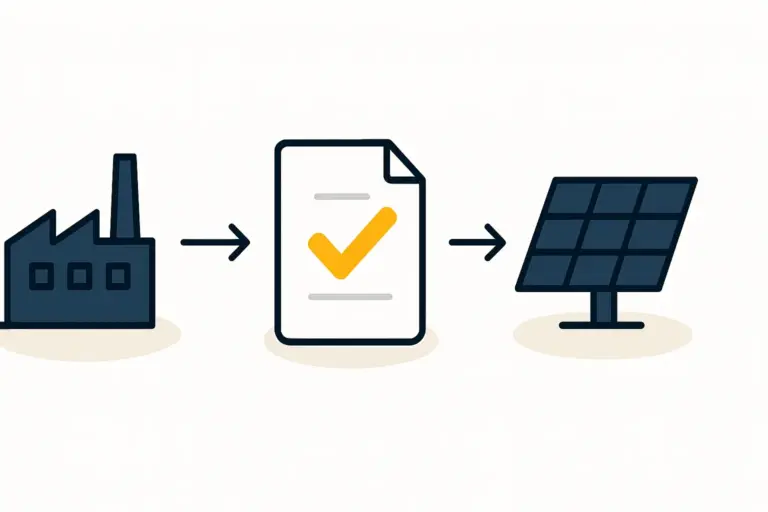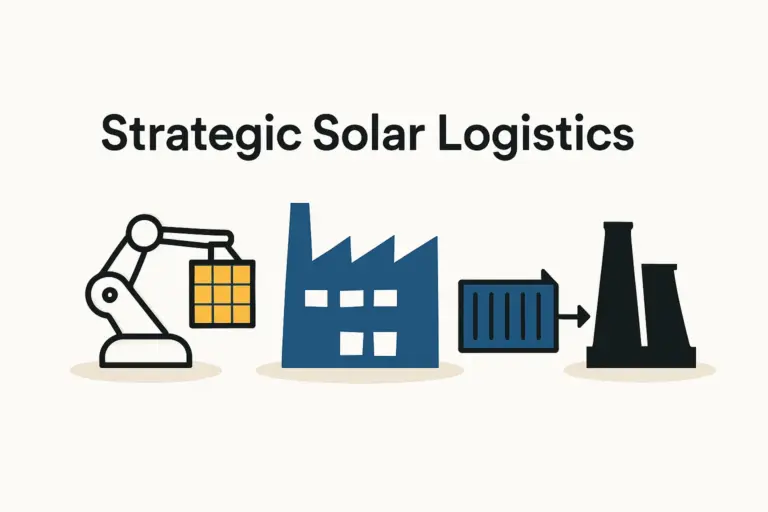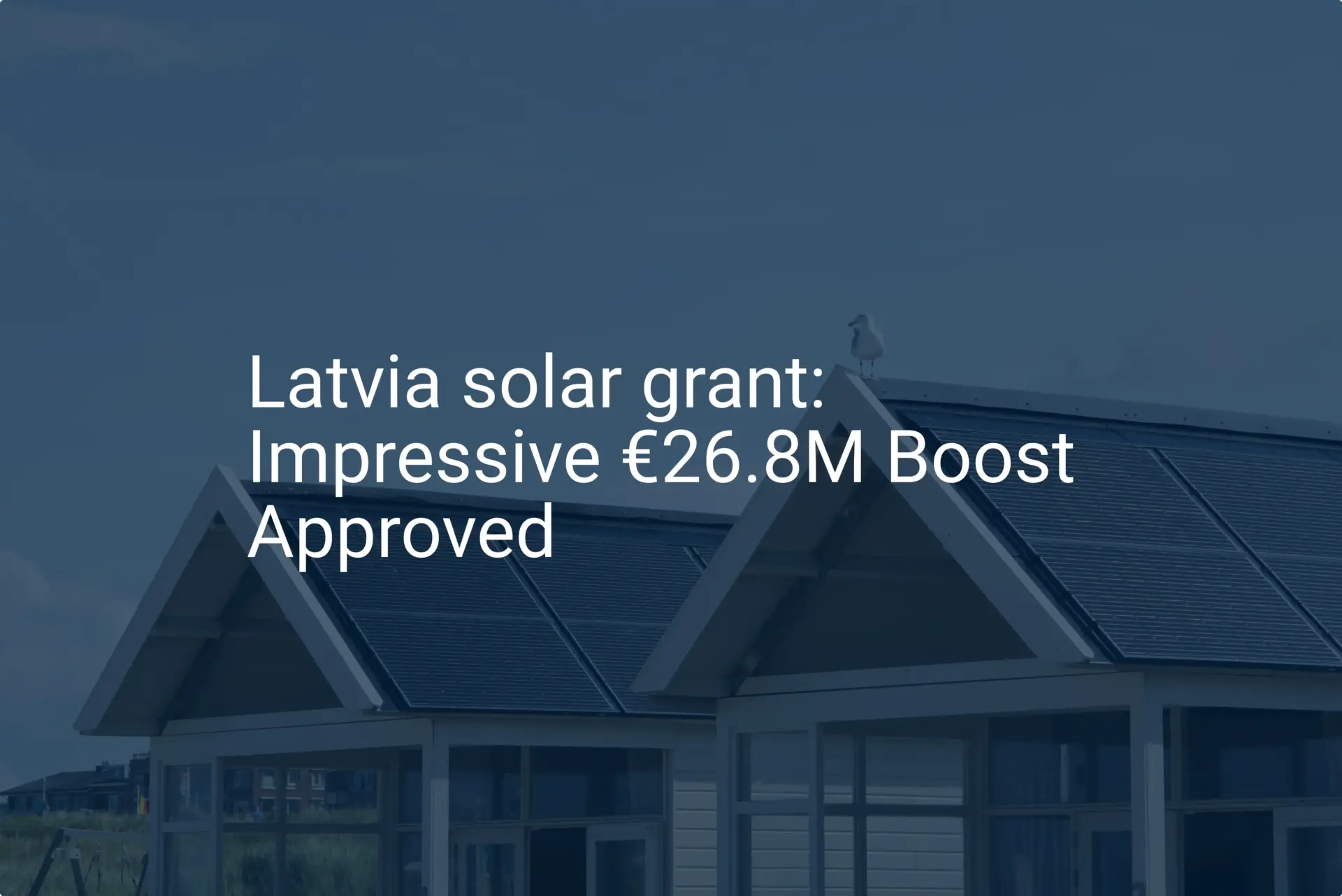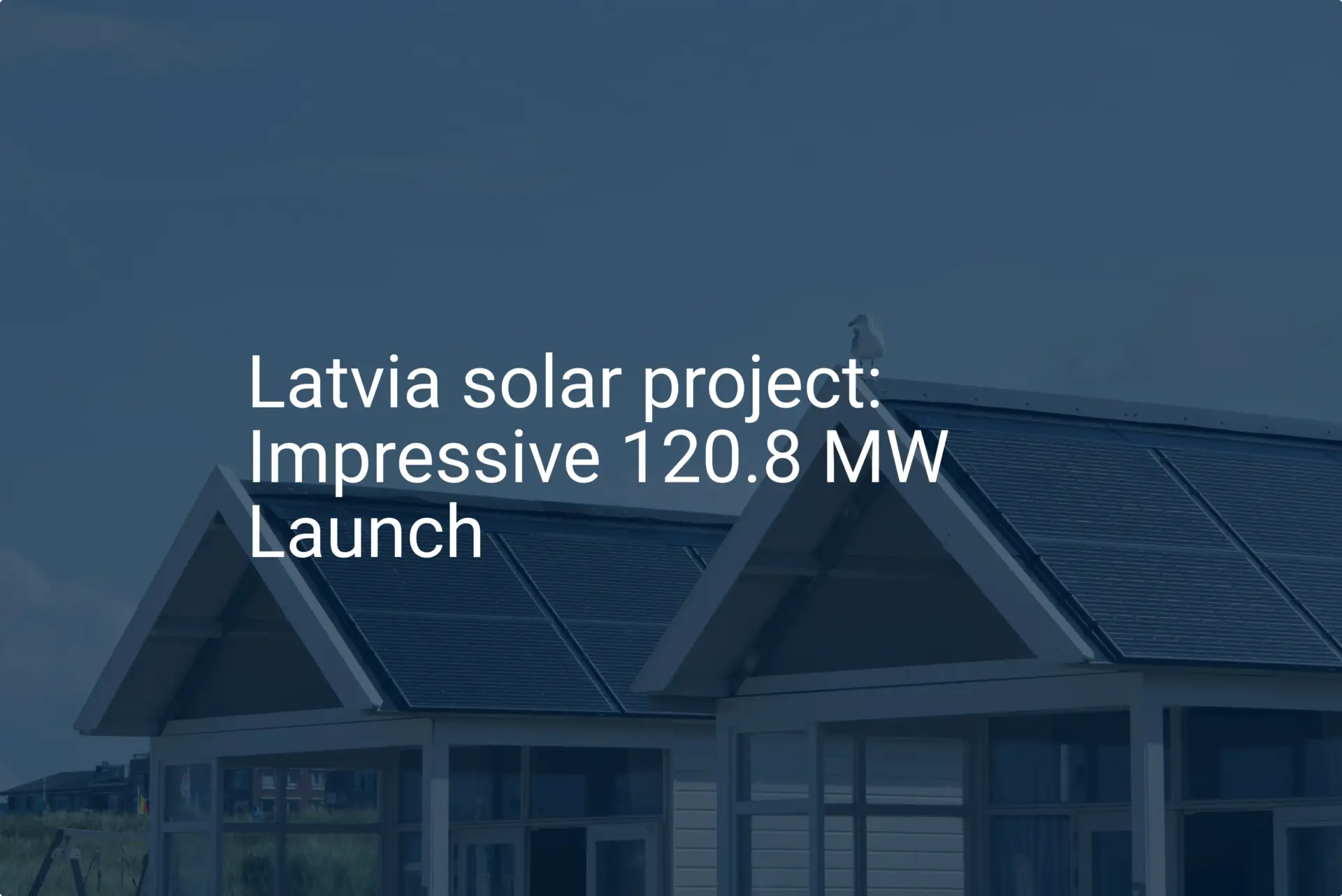For an entrepreneur establishing a solar module factory in a country like Lithuania, the focus is often on advanced technology and machinery. Yet the success of the entire operation can hinge on a more fundamental choice: where to source basic raw materials like solar glass and aluminum frames.
The proximity of Poland, a manufacturing powerhouse, presents a compelling option, but the strategic benefits of developing a local supply chain are just as significant.
This analysis examines the trade-offs of sourcing these key components from Poland versus cultivating suppliers within the Baltic region. It offers a framework for a strategic decision that balances cost, logistics, quality, and long-term risk.
The Strategic Importance of Glass and Frames
Solar glass and aluminum frames play distinct and critical roles in a solar module. Solar glass is not standard window glass; it is a highly engineered product—low-iron, tempered, and often coated—designed for maximum light transmission and durability. Aluminum frames provide structural integrity, protecting the module from environmental stress and facilitating installation.
These two components can account for a significant portion of a solar module’s Bill of Materials (BOM). The sourcing strategy, then, directly impacts production costs, product quality, and the overall resilience of the factory’s operations. A detailed understanding of the solar panel manufacturing process reveals just how integral these components are from the very first stages of assembly.
Option 1: Sourcing from Poland’s Mature Market
Poland has emerged as a major European manufacturing hub with a well-established industrial base, offering several distinct advantages for a Lithuanian solar factory.
Key Advantages
-
Cost-Effectiveness and Scale:
Poland is home to large-scale glass manufacturers like Ciech Vitro, Guardian Glass, and Saint-Gobain. Their immense production capacity allows for economies of scale, often resulting in lower per-unit costs compared to smaller, nascent suppliers. Sourcing from within the EU also avoids the significant anti-dumping and anti-subsidy duties imposed on solar glass imported from China, which can exceed 75%. -
Established Quality and Experience:
Polish suppliers have years of experience serving demanding industries, including automotive and construction. They have the technical expertise and quality control systems needed to produce specialized solar glass that meets international certification standards (like IEC 61215). This reduces the risk of quality issues that could compromise module performance or lead to production downtime. -
Logistical Simplicity:
As a neighboring country in the EU single market, logistics between Poland and Lithuania are streamlined, with no customs duties or complex cross-border procedures. Established road and rail networks ensure reliable and relatively fast delivery, minimizing the need for extensive on-site warehousing. The overall cost to start solar panel factory can be better controlled when logistical variables are predictable.
Potential Disadvantages
-
Limited Control and Customization:
When working with large-scale suppliers, a factory is often one of many customers. This can limit the ability to request custom specifications or receive prioritized attention, especially for smaller order volumes. -
Transportation Costs:
While logistics are simple, the cost of transporting heavy, fragile materials like glass over hundreds of kilometers remains a factor. This cost must be carefully calculated and added to the per-unit price for an accurate comparison. -
External Dependencies:
Relying solely on suppliers in another country, even a friendly neighbor, introduces a degree of geopolitical and economic risk. Supply chain disruptions, labor strikes, or changes in national policy could affect material availability.
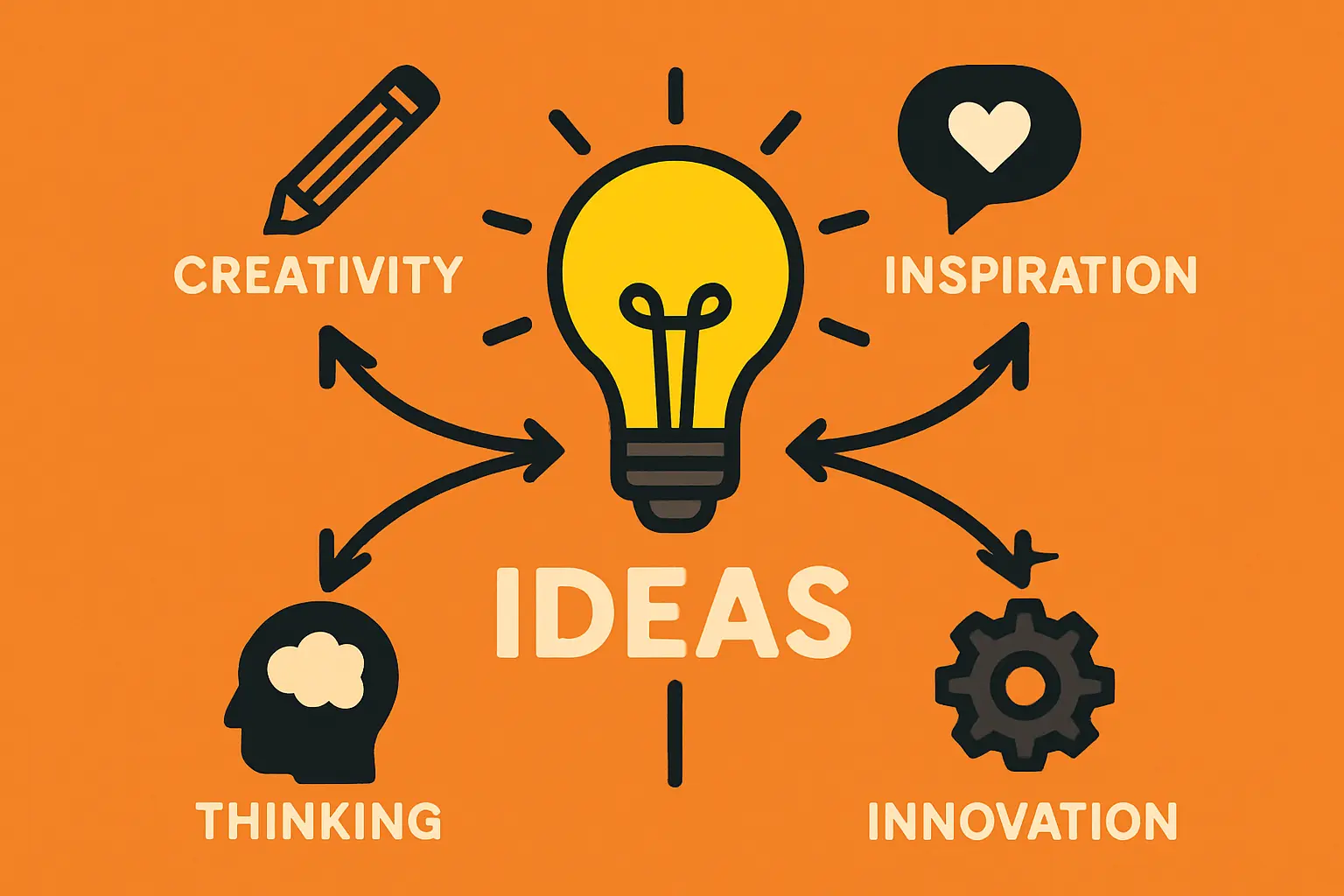
Option 2: Developing a Domestic Baltic Supply Chain
The alternative is to foster relationships with local manufacturers, encouraging them to adapt their production for the solar industry. This approach prioritizes long-term strategic advantages over immediate cost savings.
Key Advantages
-
Reduced Lead Times and Enhanced Flexibility:
A local supplier can offer significantly shorter delivery times—days instead of weeks. This ‘just-in-time’ model reduces inventory holding costs and allows for greater production agility. If a quality issue arises, resolving it is much faster when the supplier is nearby. -
Strengthening the Local Economy and Brand:
Sourcing domestically contributes to the local economy and builds a powerful brand story. A ‘Made in Lithuania’ module built with local components can be a strong differentiator, especially for government tenders or eco-conscious customers. This aligns with national industrial strategies and can sometimes unlock access to government support or subsidies. -
Direct Collaboration and Innovation:
Working closely with a local supplier enables direct collaboration on product development. For instance, a Lithuanian aluminum extruder like Hydro Extrusion Lithuania could be engaged to design and produce custom frames optimized for specific module designs or new cell technologies. This proximity fosters a partnership approach to innovation.
Potential Disadvantages
-
Higher Initial Costs:
A local supplier may not have the scale to compete with Polish giants on price, at least not initially. The per-unit cost for glass or frames might be higher until the supplier can increase volume. -
Supplier Development and Quality Assurance:
The Baltic glass industry is less developed for specialized solar applications. A factory would need to invest time and resources to qualify a local partner, a process involving rigorous audits of their quality management systems and technical capabilities. This initial effort is critical to ensure the supplier’s output does not compromise the quality of the final product or the efficiency of the solar panel manufacturing equipment. -
Limited Supplier Options:
In a smaller market, there may be only one or two potential suppliers for each component. This lack of competition can reduce negotiating power and increase risk if that single supplier encounters production problems.
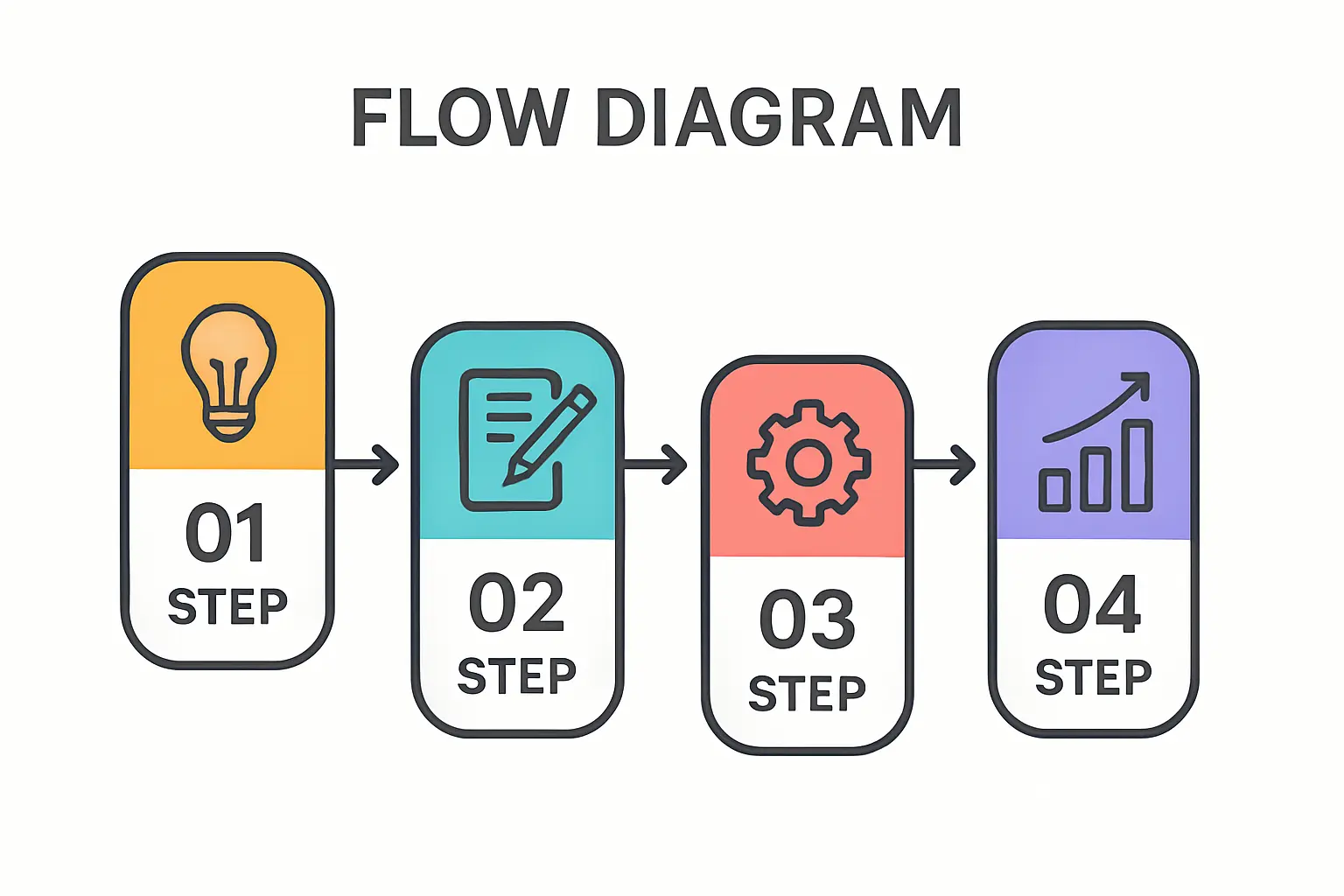
A Hybrid Approach: The Strategic Compromise
For many new ventures, a hybrid strategy is often the most prudent path.
-
Phase 1: Launch with Polish Suppliers. Begin operations by sourcing from established, high-quality Polish suppliers. This de-risks the factory launch, ensures a steady supply of certified materials, and allows the production team to focus on calibrating machinery and optimizing processes.
-
Phase 2: Cultivate Domestic Partners. Simultaneously, identify and begin qualifying a local Baltic supplier. This could involve placing smaller trial orders or co-investing in the necessary technical upgrades. This parallel path builds a resilient, dual-sourcing strategy for the long term.
Based on experience from J.v.G. Technology turnkey projects, this phased approach allows a new factory to become operational quickly while building the foundation for a more secure and integrated local supply chain in the future. A turnkey solar production line plan should always include a multi-stage sourcing strategy.

Conclusion: A Decision Based on Business Priorities
The choice between sourcing from Poland and developing domestic suppliers is not merely logistical; it is a core strategic decision.
Sourcing from Poland prioritizes immediate cost-efficiency, proven quality, and speed to market. It is often the most logical choice for launching a new factory.
Developing a domestic supply chain prioritizes long-term resilience, flexibility, and local economic integration. It is an investment in a more robust and sustainable business model.
For the forward-thinking entrepreneur in Lithuania or the wider Baltic region, the optimal path involves leveraging Poland’s mature market to start strong while strategically investing in local partnerships to build a competitive advantage for the future.
Frequently Asked Questions (FAQ)
-
Can standard window glass be used for solar panels?
No. Solar glass is a highly specialized product. It has very low iron content to maximize light transmission and is thermally tempered to withstand mechanical stress and extreme weather conditions, such as hail. Using standard glass would severely reduce the module’s efficiency and durability. -
How critical is the quality of the aluminum frame?
The frame is essential for the module’s long-term reliability. A well-designed and properly anodized aluminum frame protects the laminate from moisture ingress, provides the rigidity needed to prevent cell micro-cracks during transport and installation, and ensures the module can withstand wind and snow loads. Poor quality frames can lead to premature failure. -
What does it mean to ‘qualify’ a new supplier?
Qualifying a supplier is a formal process to verify that they can consistently meet your technical and quality requirements. It typically involves on-site audits of their manufacturing facilities, a review of their quality control procedures and certifications (like ISO 9001), and testing of sample materials to ensure they meet specifications. -
Are there any other key raw materials to consider in this region?
Yes. While glass and frames are primary structural components, a factory will also need to source junction boxes, backsheets (or a second pane of glass for glass-glass modules), encapsulants (like EVA or POE), and connection ribbons. A similar domestic vs. regional sourcing analysis should be conducted for these materials as well.

